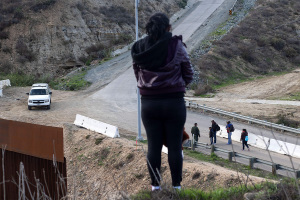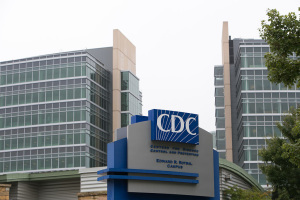Fourth of July: Facts and Myths About the Independence Day Celebration
America's declaration of independence happened a long time ago, so it's expected that a few facts about the event have been re-interpreted along the way. What are some of the facts and myths about the annual Fourth of July celebration?
Fourth of July is now considered to be the birth of the nation, as the founding fathers adopted the Declaration of Independence in 1776. This year, the nation turns 242 years old, and there's no better time to brush up on the history of this momentous event.
Myth: Independence Was Declared on the Fourth of July
The fact is that the Continental Congress declared the independence of the nation on July 2, 1776, as recounted by History News Network. On the evening of that date, the Pennsylvania Evening Post published in their paper that "This day the Continental Congress declared the United Colonies Free and Independent States," showing that the Congress has already declared independence no later than the second of July.
Why is the fourth of July significant, then? The date was what was indicated on Thomas Jefferson's Declaration of Independence, which has been adopted on that day to serve as the document recording the act of Congress.
Myth: The Declaration of Independence Was Signed on the Fourth of July
Biography writers note that "No such scene, with all the delegates present, ever occurred at Philadelphia," according to David McCullough.
The document was mostly signed by Aug. 2, which was established by historian Mellon Chamberlain to be the date of the signing ceremony. Even then, the complete list of those supposed to sign the declaration did not surface until January of 1777.
Fact: John Adams and Thomas Jefferson Both Died on July 4
They died on the same day, on July 4, 1826, fifty years since the Continental Congress adopted Jefferson's Declaration of Independence. It is one of the coincidences that have caused the nation to hold the Fourth of July to a high regard, along with the fact that it is considered to be the day America became free.




























